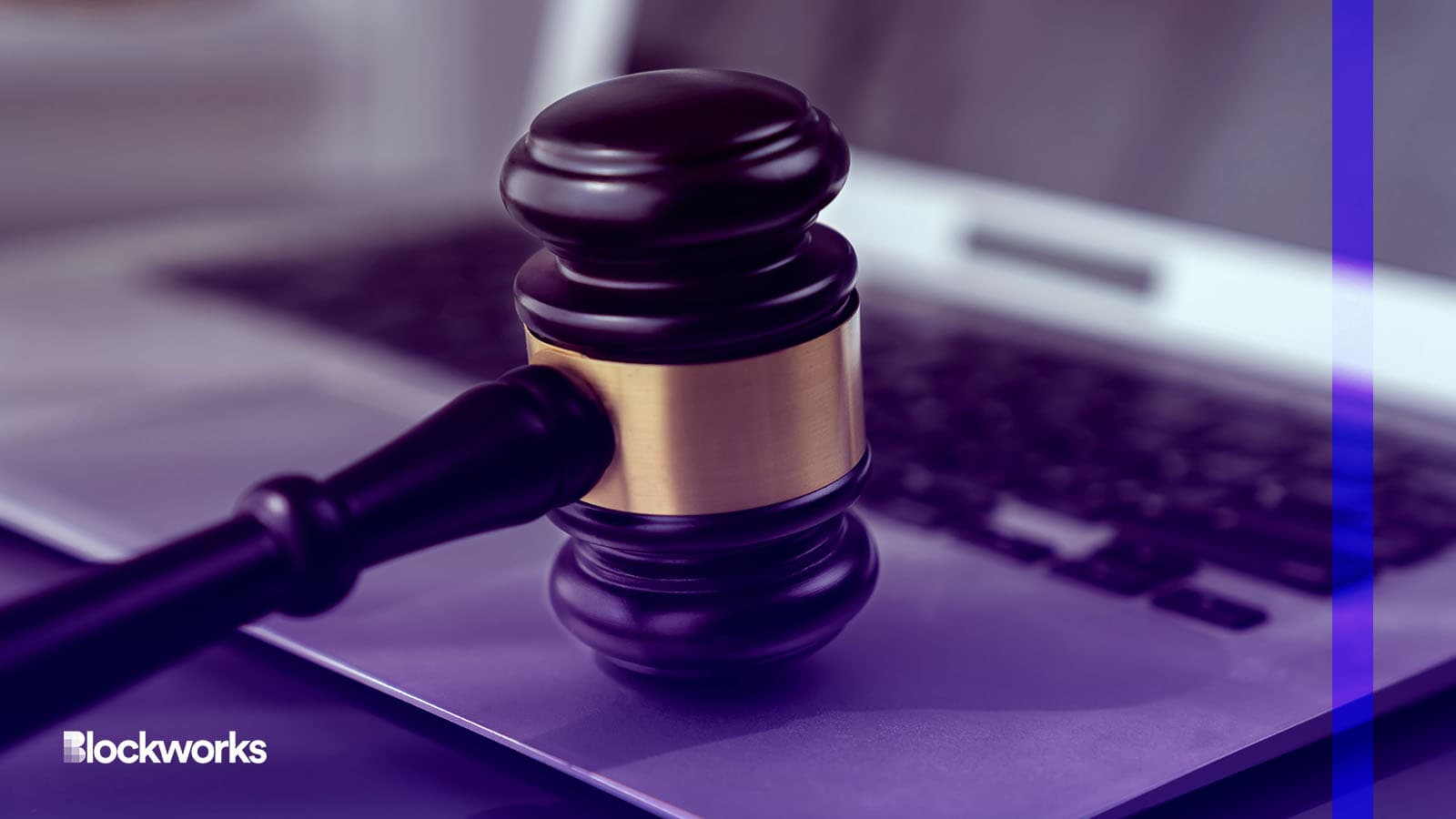Suits, ties, air-gapped laptop: Bankman-Fried gets perks but no freedom
District Judge Lewis Kaplan has allowed Bankman-Fried to don business clothing, a significant shift from his typical casual wardrobe

Beautrium/Shutterstock, modified by Blockworks
In a series of court orders ahead of the high-profile trial of Sam Bankman-Fried, former CEO of crypto exchange FTX, a federal judge has granted some concessions while reinforcing the seriousness of the charges leveled against him.
Expected to commence on Oct. 3, the case is already drawing widespread attention.
US District Judge Lewis Kaplan has permitted Bankman-Fried to wear business attire, a marked departure from his usual casual outfits.
Authorities are directed to provide Bankman-Fried with three suits, four dress shirts, three ties, a belt and additional items of clothing during the trial, a court order on Wednesday shows.
In a separate order, Kaplan also approved the use of an “air-gapped,” internet-disabled laptop for Bankman-Fried in the courtroom.
The move allows Bankman-Fried to take notes during proceedings. His defense counsel will prepare the laptop so that its network connectivity remains disabled and cannot be re-enabled.
However, not all motions from the defense have been successful. The court has denied Bankman-Fried’s repeated request for temporary release before the trial starts.
His lawyers are planning to make one last ditch effort at getting him released from a Brooklyn jail on Friday in a bid to prepare their client ahead of his Oct. 3 trial, Bloomberg reported.
Complaints from Bankman-Fried and his lawyers center around the millions of pages of discovery provided to them and the lack of resources and time to review it all ahead of trial.
His temporary release has been met by opposition from the government who, on Wednesday, submitted a letter to the court asking it to deny further requests for his release.
According to court documents, the repeated denials are based on several factors, including Bankman-Fried’s extensive access to electronic discovery for over seven months before his bail was revoked and his lack of a “detailed showing” as to why he needed additional materials or access.
Further complicating matters, the Second Circuit Court of Appeals recently upheld the district court’s decision to deny his release.
The appellate court cited probable cause that Bankman-Fried attempted to tamper with witnesses and had shown a “course of conduct over time that required the district court to repeatedly tighten the conditions of release.”
Bankman-Fried faces seven counts related to fraud during his time at FTX and Alameda Research. An additional five counts are pending in a separate trial scheduled for March 2024.
The former crypto billionaire has pleaded not guilty to all charges.
Get the news in your inbox. Explore Blockworks newsletters:
- The Breakdown: Decoding crypto and the markets. Daily.
- 0xResearch: Alpha in your inbox. Think like an analyst.






